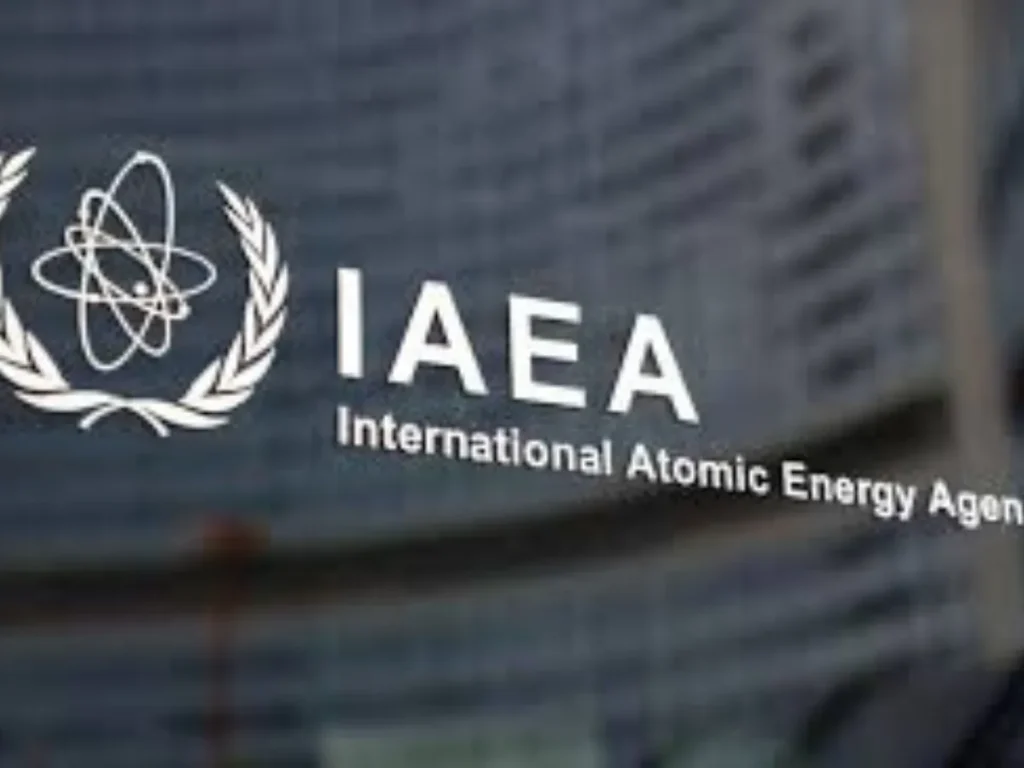Iran's Nuclear Program Advances Nuclear Capabilities Amid IAEA and U.S. Criticism
Iran escalates its nuclear program by activating advanced centrifuges, drawing criticism from the IAEA and the U.S. Learn about the implications and ongoing tensions in our detailed report.
Iran has escalated its nuclear activities, facing backlash from the International Atomic Energy Agency (IAEA). This development follows Iran’s threat to retaliate after a recent IAEA Board of Governors vote that censured Tehran for insufficient cooperation with the agency.
The United Nations’ atomic watchdog reported on Friday that Iran has activated new cascades of advanced centrifuges and plans to install more in the coming weeks. The United States has labeled these actions as “nuclear escalations.”
These new centrifuges enhance Iran’s capability to enrich uranium, already at levels close to weapons-grade. Despite this, the IAEA did not indicate that Iran intends to further increase enrichment amid ongoing tensions with the West, particularly as the Israel-Hamas conflict intensifies in Gaza.
Inspectors from the IAEA confirmed on Monday that Iran had started feeding uranium into three cascades of advanced IR-4 and IR-6 centrifuges at the Natanz facility. These cascades significantly speed up the enrichment process. Currently, Iran enriches uranium in these cascades up to 2% purity, although it already enriches up to 60%, just shy of the 90% needed for weapons-grade material.
Additionally, Iran plans to install 18 cascades of IR-2m centrifuges at Natanz and eight cascades of IR-6 centrifuges at its Fordo facility. These advanced centrifuges operate much faster than the IR-1 models that have been central to Iran’s nuclear efforts.
While Tehran has yet to officially acknowledge these decisions, they follow its warning of potential actions after being censured by the IAEA. This move drew immediate criticism from U.S. State Department spokesperson Matthew Miller, who stated, “Iran aims to continue expanding its nuclear program in ways that have no credible peaceful purpose. These planned actions further undermine Iran’s claims to the contrary. If Iran implements these plans, we will respond accordingly.”
Miller did not specify what measures the U.S. and its allies might take. Iran is already under severe economic sanctions from the U.S. and others, which have significantly impacted its economy and devalued its currency.
Since the U.S. withdrew from the 2015 nuclear deal in 2018, Iran has pursued nuclear enrichment just below weapons-grade. U.S. intelligence and other agencies believe Iran has not yet started a weapons program.
As a signatory to the Treaty on the Non-Proliferation of Nuclear Weapons, Iran has committed to allowing IAEA inspections to ensure its nuclear program remains peaceful. The 2015 deal also included additional IAEA oversight, but Iran has restricted inspector access and has not fully addressed questions about past nuclear material discoveries.
IAEA Director-General Rafael Mariano Grossi visited Iran in May to improve inspection access, but there has been no significant public shift in Iran’s position. This situation unfolds as Iran tries to manage risks from the U.S. after an unprecedented attack on Israel. The attack, a response to a suspected Israeli strike in Syria that killed two Iranian generals, has exposed the longstanding covert conflict between Israel and Iran.
